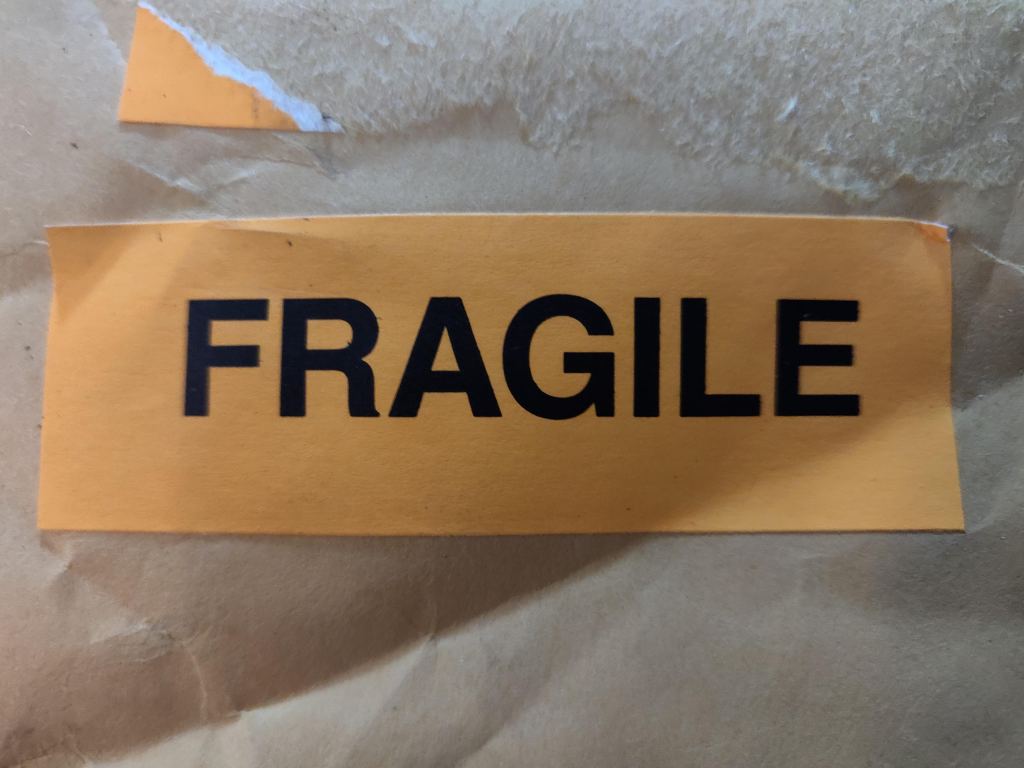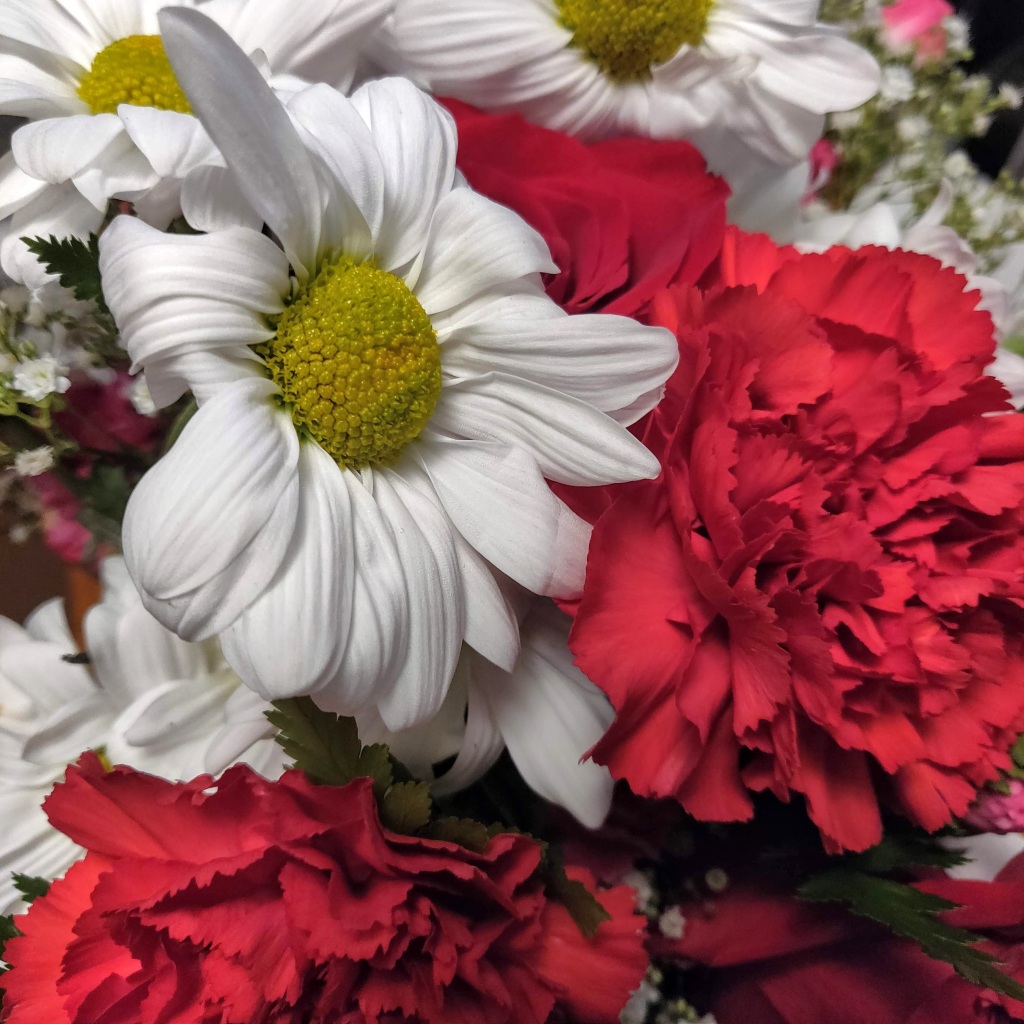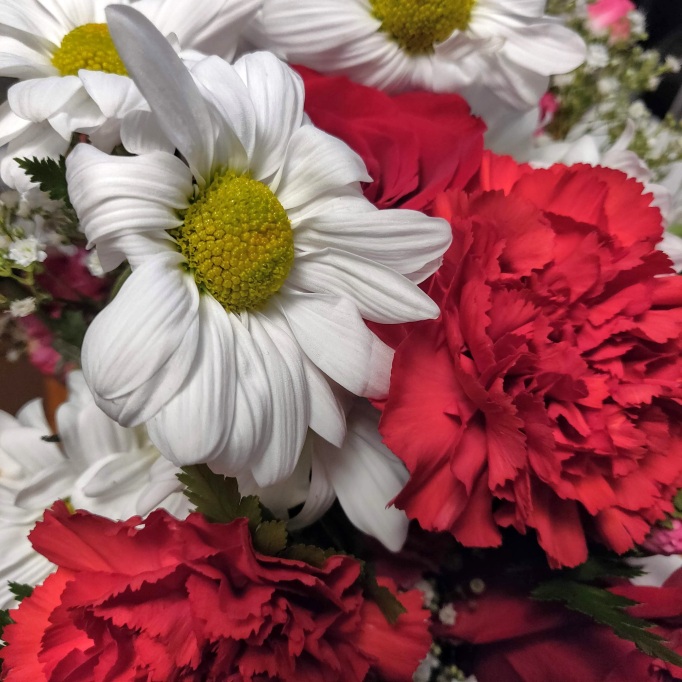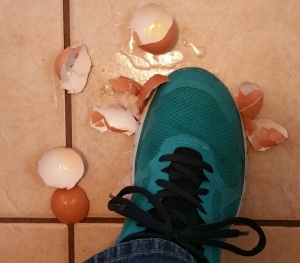What do you say on Mother’s Day when you know someone is grieving? I’d love to tell you — but I can’t, not exactly, because it’s complicated. There’s no one-size-fits-all way to show you are aware of another’s fragile grief. What matters is that you reach out in some way, even if it’s awkward or clunky or feels uncomfortable to you. Let the person know you care by showing you’re aware that this greeting-card holiday can hurt.
Here are some suggestions. (A few might seem clearer after you read the “reasons” part that follows; others can be adapted to use whenever you wish to support a bereaved person.) Mix, match, and make these your own as you reach out to family members, friends, colleagues, neighbors, acquaintances, and others you encounter frequently or occasionally — whether in face-masked real life or on tile-viewed video meetings.
- I’m thinking of you today/this weekend. I know Mother’s Day can be difficult.
- Sending you extra love on this tender day.
- Would you like to spend some time together/on the phone/video chatting this weekend? Would abc or xyz o’clock work better for you? Or would another day or time be better for you? Whichever you need.*
- Hey, I realize this might be a rough day. Keep me on speed dial if you need a quick escape.*
- No need to answer this text if you’re hunkering down. Just wanted you to know I’m thinking about you.
- I know things are complicated with your mom. Keeping you in my thoughts this weekend.
- I’m praying for you. Sending love too.
- I’m thinking of you. Sending positive energy your way.
- I know I can’t take away the pain of your loss, but I want you to know I’m thinking of you and [name the loved one who died]. I’m guessing that Mother’s Day hurts.
- I’m thinking of you this first [second, third, however-many-eth] Mother’s Day after your [mom/child/beloved person] died. I’d love to hear/share stories about them if you’re feeling up to it. If not now, then whenever you’d like.*
- This is a tough weekend/day/occasion. I’m thinking of you and I’m here for you.*
*The asterisk means this: If you offer, follow through!
Not everyone is aware that Mother’s Day feels brutal for many, and the reasons are as varied as those who find it painful. I’ve written about a few below.
TRIGGER WARNING: If Mother’s Day is hard for you, consider skipping the rest of this post. It’s meant not to further wound but to awaken awareness. You might prefer not reading something too close to your circumstances. Or, you might hope to see acknowledgment of your specific pain that isn’t included here and find the oversight disappointing. Either way, I wish you peace and healing.

Mother’s Day commercials flaunt the best of everything about mothers, children, and relationships. But real moms and kids and relationships are far more complicated. I was blessed with an amazing mother, and I’m grateful for the almost 30 years I benefitted from her presence, yet Mother’s Day reboots my mourning for her. After 25 years since she died, some aspects of Mother’s Day still tug me into missing her as intensely as when her death was still new and raw.
I’ve been told I’m not the only daughter who feels she’ll never be as good at mothering (and now grand-mothering) as her mom was. Many moms stagger beneath yokes of inadequacy, guilt, regret, or exhaustion. Many of us agonize over mothering mistakes we’ve made and how much we wish we could do over!
Widowed fathers facing Mother’s Day and widowed mothers moving toward Father’s Day experience similar sorrows as they grieve not only their own losses but their children’s too.
On the other hand, too many souls grow up without the healthy nurture of loving parents who keep their children’s best interests foremost. Whether orphaned, abandoned, neglected, or even abused, too many souls and bodies bear painful parent-related scars.
And what about those who want to have children of their own but can’t? And those who’ve tried. Who’ve suffered the loss of children they only dreamed of someday knowing. Whose children were taken or left them or are estranged. Who’ve buried children they still cherish (no matter how long their arms have been empty) and mourn for them every day — not just Mother’s Day.
In other words, think twice before saying “Happy Mother’s Day,” but do say something to show you’re aware and that you care. Let folks know they haven’t been forgotten amid the greeting cards and other trappings.



